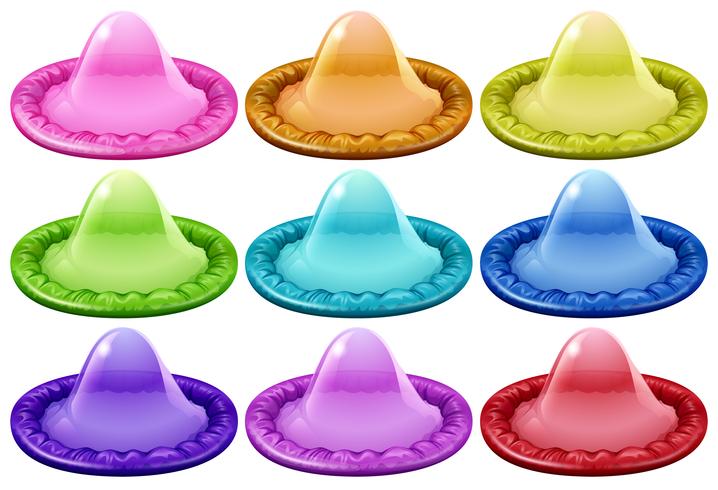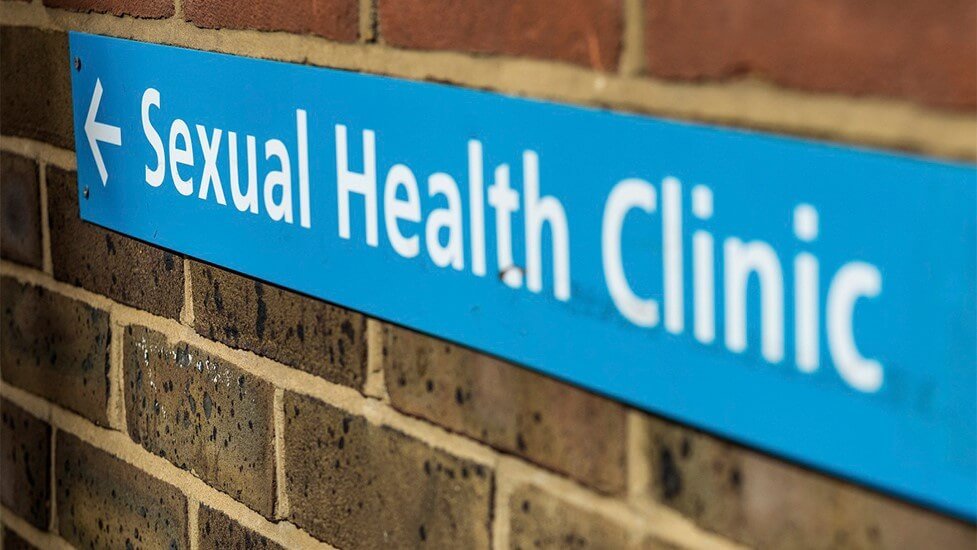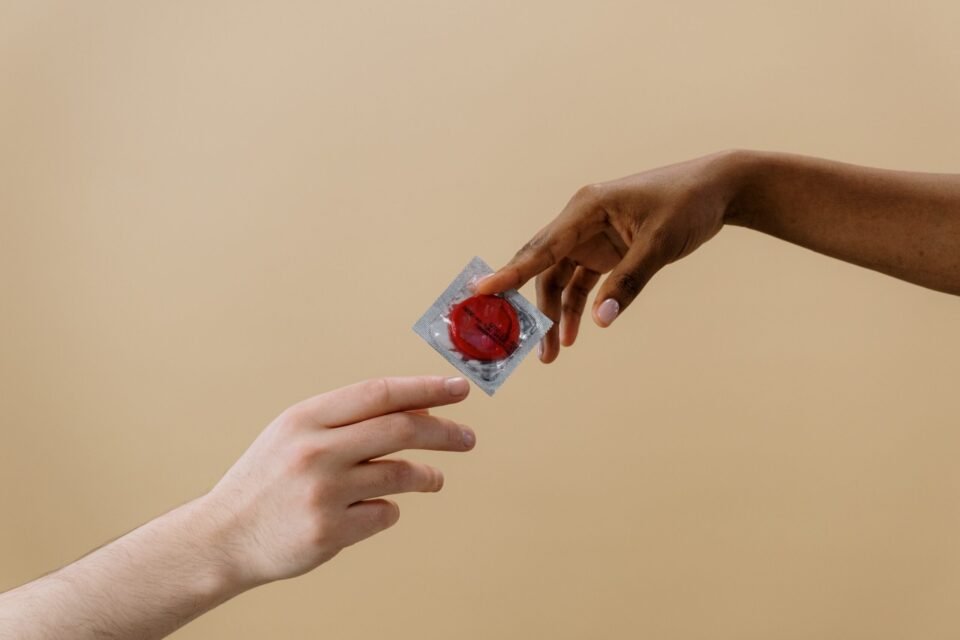Thailand will give out 95 million ‘Free’ condoms in advance of Valentine’s Day (February 14) in an effort to reduce teen pregnancies and sexually transmitted illnesses (STDs).
According to government spokeswoman Rachada Dhnadirek on Tuesday (January 31), holders of universal healthcare cards would be able to receive 10 condoms per week for a year starting on February 1. Four different sizes of condoms would be offered, and they could be purchased from pharmacies and the primary care departments of hospitals all around Thailand.

According to Dhnadirek, the government is working to prevent syphilis, cervical cancer, gonorrhea, chlamydia, and AIDS. The program to provide free condoms to gold-card holders will also assist boost public health. A
A Bloomberg story on Tuesday citing official data stated that over 50 million Thai nationals were enrolled in the government’s universal healthcare program (commonly known as the gold card), which can be used to access some medical care in public and particular private institutions.
ALSO READ : songrahn party
In Thailand, STDs continue to be a significant public health issue, especially in Bangkok, the nation’s capital and home to numerous red-light districts. Official statistics show that Thailand has experienced an increase in STD infections in recent years, with syphilis and gonorrhoea accounting for more than half of all cases in 2021.
The most impacted age ranges were 20 to 24 and 15 to 19 years old. According to the data, 24.4 Thai girls aged 15 to 19 gave birth for every 1,000 that year, compared to a global rate of 42.5 for the same age range worldwide, according to the World Health Organization (WHO).

Bangkok experienced a spike in STD infections in 2019, particularly among young people, with 40% of all STI cases happening in the 15–24 age group, according to a report published in BMJ Journals in 2019. The study, which looked at STD trends in Bangkok from 2013 to 2017, found that while the national incidence climbed four-fold, the reports of these diseases jumped eight-fold, from 11.8 cases per 100,000 people to 90 cases per 100,000.
Syphilis, which is two times more common than the national average and is particularly prevalent among men who have had intercourse with other men, was the most often reported disease in the Thai capital in 2017, according to the survey.




